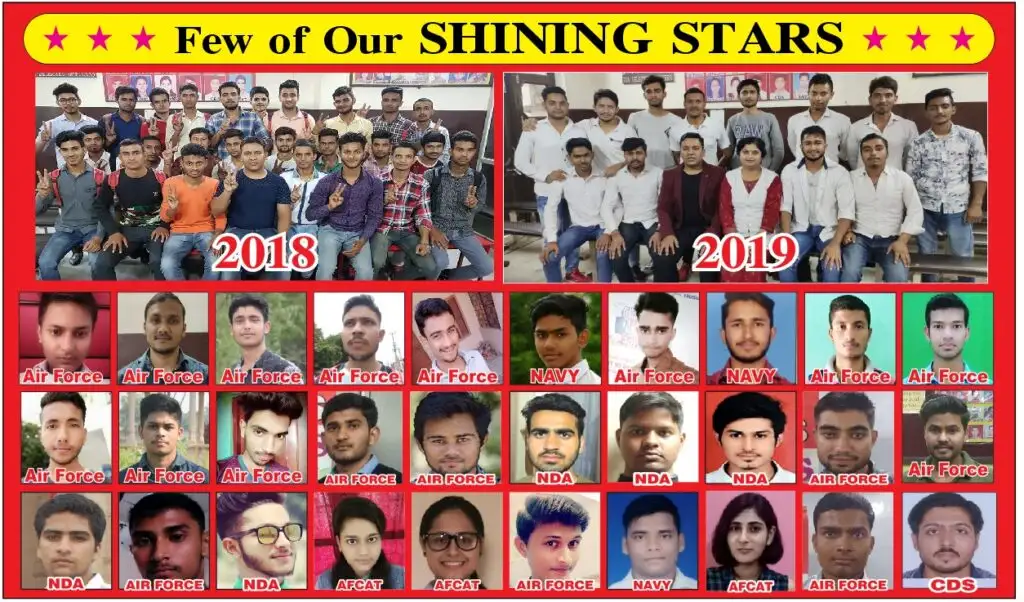Issues over Article 370

Issues over Article 370
On 5th August 2019, the Union Home Minister of India, Shri Amit Shah announced the abrogation of Article 370 and Article 35A of the Indian Constitution which granted the state of J&K special status. The state is now divided into two union territories – Jammu & Kashmir (with a legislature) and Ladakh (with no legislature). This is a very significant step when it comes to managing ‘things’ in the valley and will have grave consequences for future generations as well.
What is Article 370?
- Article 370 was drafted under Part XXI (Part 21) which deals with “Temporary, Transitional and Special provisions
- Under the Constitution of India Article 370 gives special status to the state of Jammu & Kashmir.
- The article came into effect in 1949.
- All the provisions of the Constitution which apply to other states do not apply to J&K until and unless the state legislative assembly separately passes such provision.
- Except for defence, foreign affairs, finance, and communications, Parliament needs the state government’s concurrence for applying all other laws.
- The residents of the state of Jammu & Kashmir live under a separate set of laws including those related to:
- Citizenship
- Ownership of property
- Fundamental rights
- The Directive Principle of State Policy and Fundamental Duties do not apply to the state of J&K
What is Article 35A?
- Article 35A was inserted through the Constitution (Application to Jammu and Kashmir) Order, 1954.
- President Rajendra Prasad issued it under Article 370
- No outsider can own a property in J&K
- No outsider can get a state job in J&K
Implications of Removal of Article 370
- J&K will no longer enjoy special status now
- The Indian Constitution laws will be 100% applicable to all residents of Jammu & Kashmir.
- Part 4 of the Indian Constitution, the Directive Principle of State Policy and Fundamental Duties will now apply to the state of J&K
- There will be no separate flag for J&K now
- Article 360 (Financial Emergency) of the Indian Constitution will now be applicable
- Minorities (Hindus & Sikhs) will have 16% reservation now
- Right to Information & Right to Education will be applicable now
- The duration of the legislative assembly will now be five years instead of 6
- Article 35A will be nullified. A woman from J&K can still retain her rights and citizenship even if she marries someone out of the J&K state
- The Panchayats will enjoy the same powers as in other states.
Disclaimer: The pros and cons of the removal of Article 370 are subjective. What looks like an advantage to some may not be perceived in the same light by others. We list down the pros and cons of abrogation of Article 370 in an objective manner. Please feel free to interpret them the way you want.
Advantages of Repealing Article 370
- Finally, it is One Nation One Constitution. This will instil the feeling of unity among all citizens of India.
- It will open doors for private sectors to invest in J&K. This will boost the economy of the state.
- There will be the scope of other job opportunities now apart from tourism.
- The centre will be able to provide better medical facilities to citizens of J&K now.
- Appropriate measures to control corruption can be taken now by the central government.
- Authorities are in a better position to curb terrorism now.
Disadvantages of Repealing Article 370
- Kashmiri citizens will no longer have dual citizenship, which is not going down very well with many locals.
- How the article 370 was revoked has strained the already delicate relations of India with Pakistan.
- There were several presidential orders issues under Article 370. Repealing it just like that will create practical difficulties and political vulnerability.
- Overall it has instilled fear among a section of citizens about security. Many dread that the way Article 370 was revoked, the government might take similar actions in other states and people will have no say. It is a threat to our democracy.5. Certain sections of the society have started threatening that they can now marry Kashmiri girls since they can now marry outside of J&K state without losing their citizenship. This is sexist and is a threat to the safety of women in Kashmir.
GD Topic on Issues over Article 370
For Further Details of GD and More important GD Topics fir Airforce X/Y Group Visit: http://airforcecoaching.in/airforce-x-y-gd-topics/
For Further Contact Us Please Visit: http://www.theoriginaltutors.com
















